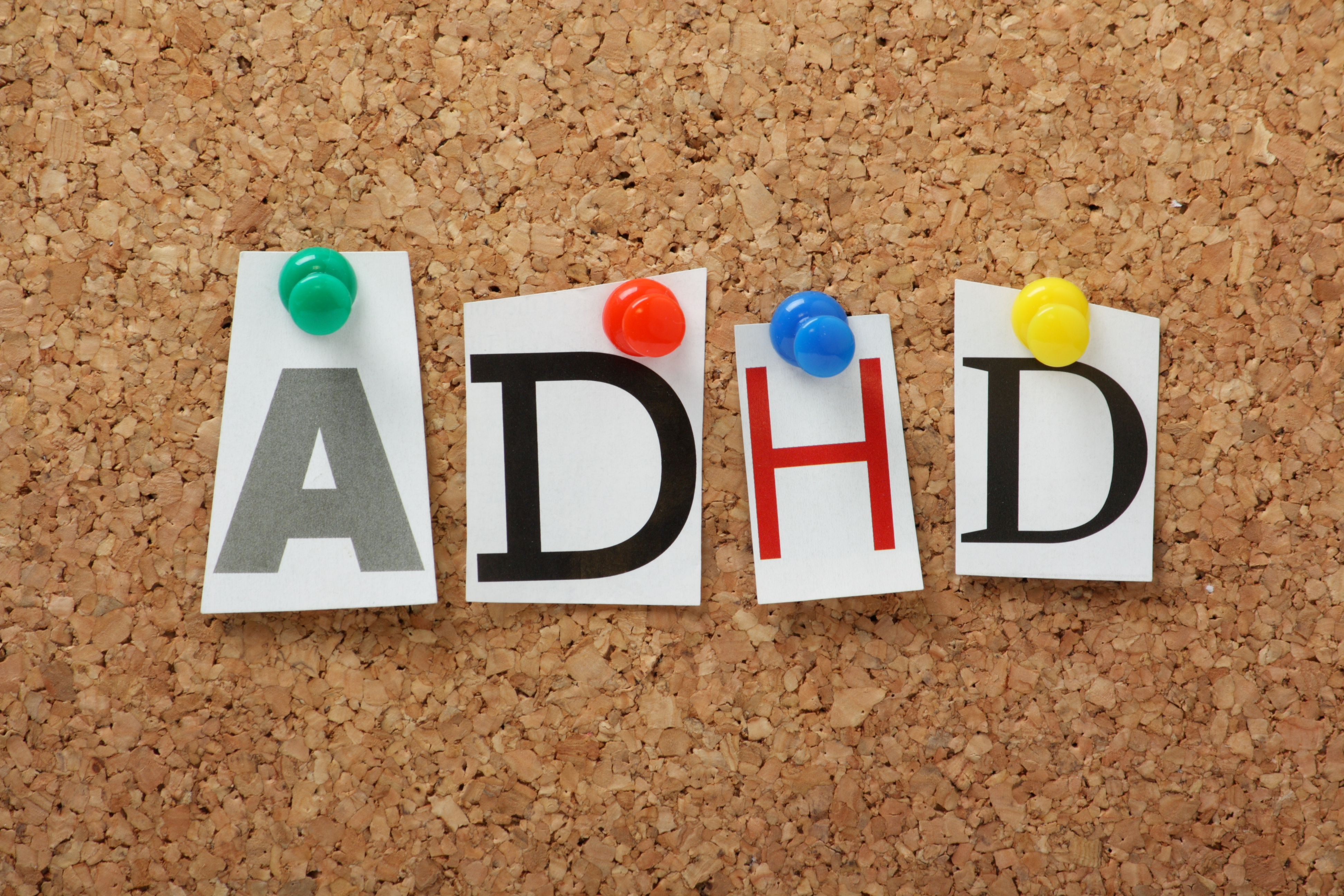ADHD Assessments
 Adult ADHD Assessment
Adult ADHD Assessment
Most adults who seek an evaluation for ADHD experience significant problems in one or more areas of living. The following are some of the most common problems:
• Inconsistent performance in jobs or careers; losing or quitting jobs frequently
• History of academic and/or career underachievement
• Poor ability to manage day-to-day responsibilities, such as completing household chores, maintenance tasks, paying bills or organizing things
• Relationship problems due to not completing tasks
• Forgetting important things or getting upset easily over minor things
• Chronic stress and worry due to failure to accomplish goals and meet responsibilities
• Chronic and intense feelings of frustration, guilt or blame
A qualified professional can determine if these problems are due to ADHD, some other cause or a combination of causes. Although some ADHD symptoms are evident since early childhood, some individuals may not experience significant problems until later in life. Some very bright and talented individuals, for example, can compensate for their ADHD symptoms and do not experience significant problems until high school, college or in pursuit of their career. In other cases, parents may have provided a highly protective, structured and supportive environment, minimizing the impact of ADHD symptoms until the individual has begun to live independently as a young adult.
 Child ADHD Assessment
Child ADHD Assessment
Most parents and teachers would agree that these behaviors are at times so disruptive to home and school that a diagnosis of ADHD should be obvious. Unfortunately, it’s not quite that simple. AlthoughADHD may be present, there are many other conditions that can look like ADHD, such as anxiety, learning disorders, conduct problems, depression and even past traumatic experiences. It is important to conduct a comprehensive assessment to ensure that all possible causes are considered.
It is imperative to obtain information from individuals who observe a child across different settings. ADHD is a condition whose symptoms may or may not be present, depending on the situation (also known as situational variability). For example, situations that are unstructured or boring to the child may elicit a higher degree of symptoms. At the very least, the evaluation for ADHD should include input from parents, teachers and/or childcare providers.
Another critical factor affecting the evaluation process is the increased likelihood that children with ADHD will display co-occurring problems, such as mood and behavior disorders or learning disabilities. Secondary problems can include difficulty with anger management, lying or stealing behaviors, disobedience, peer and family relationship problems and academic challenges. Finally, a child or teen struggling with ADHD can have a significant impact on family functioning. All of these factors should be considered in the evaluation process.
Given that the problems of children with ADHD often go beyond the disorder itself, any assessment of this condition should address not only primary ADHD symptoms, but also other aspects of the child’s behavioral, emotional and social functioning. Equally important is the need for gathering information about the child’s parents and siblings, which provides a context for understanding how problem behaviors manifest. This information also often serves as a basis for determining how well parents and other caretakers will be able to implement treatment strategies.
The clinical evaluations of ADHD should be comprehensive and multidimensional and capture its impact on home, school and social functioning. The assessment may include the following:
• parent and child interviews
• a bio-psycho-social assessment interview including family history
• parent- and teacher-completed child behavior rating scales
• parent self-report measures
• direct behavioral observations of the child in natural and clinical settings
• clinic-based psychological tests
• review of prior school and medical records
• individually administered intelligence testing, educational achievement testing or screening for learning disabilities if there are academic challenges
• a standard pediatric examination or neurodevelopmental screening to rule out any unusual medical conditions that might produce ADHD-like symptoms
• additional assessment procedures, including vision and hearing screening, as well as formal speech and language assessment